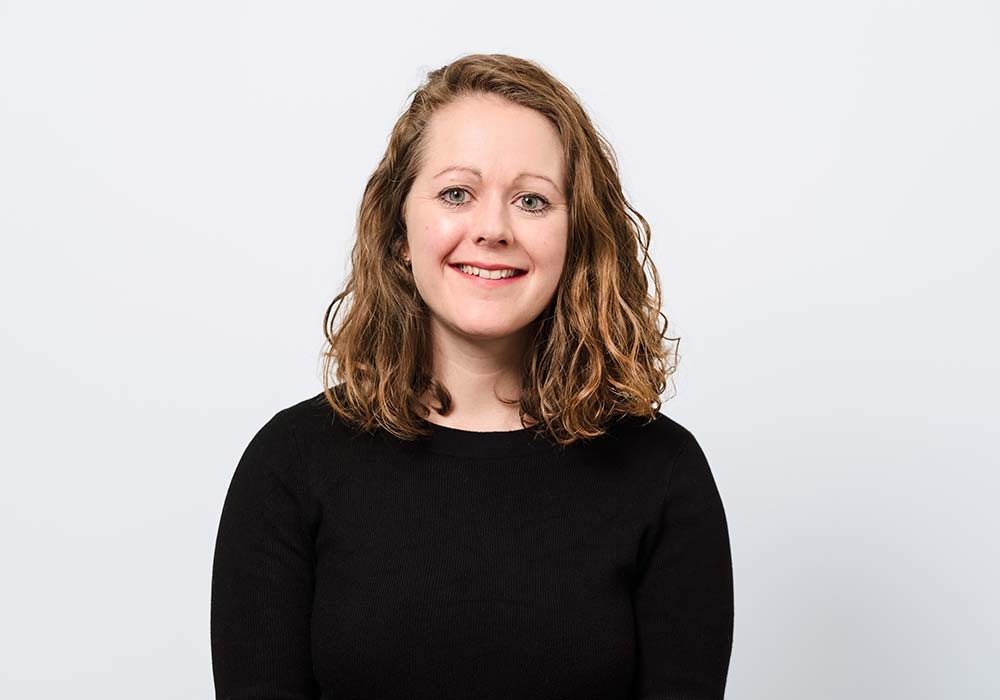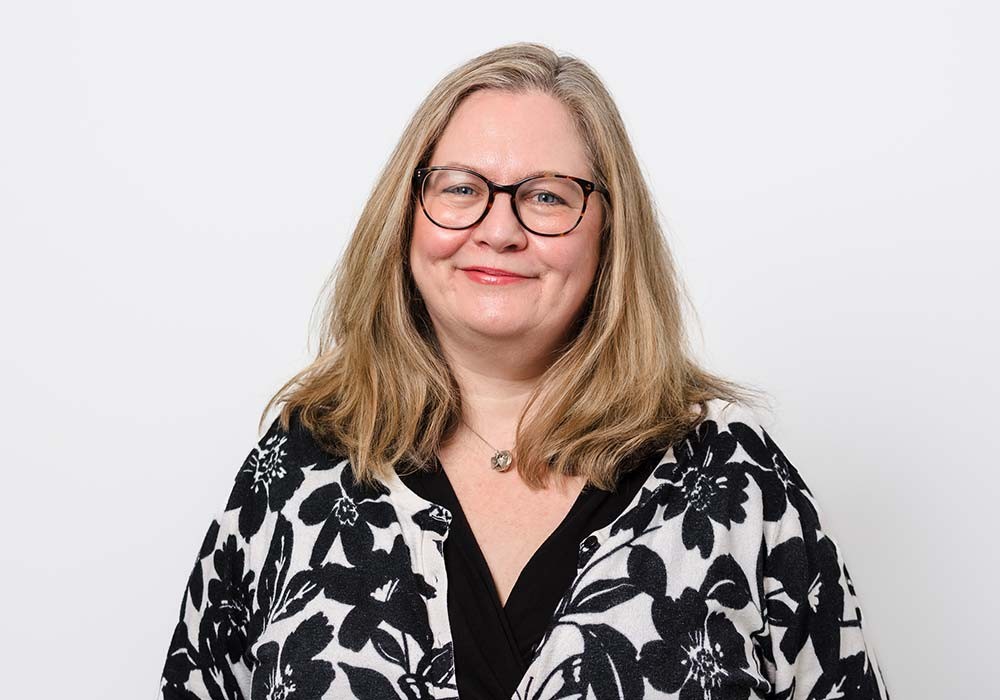


Less than a decade on from launching, a charity which works with employers to find suitable jobs for people with disabilities is highlighting the economic and social benefits that come from having a diverse workforce.
The Guernsey Employment Trust supports around 230 people who want to work but need additional support in various ways, with estimates that doing so could benefit the economy by £20million over 15 years.
The Guernsey Employment Trust is a charity working to create employment opportunities for disabled people.
Its staff and volunteers work with individual clients to help them prepare for, find, and maintain work.

Pictured: GET's aim is to help people get into and stay in work.
GET says: "Our service is designed to address the employment needs of not only disabled people but also to support employers and respond to the needs of the disability community. Our key aim is to develop and foster sustainable relationships between employers, job seekers and ourselves."
Chief Executive Nikki Ioannou-Droushiotis leads the team of employment support officers, and she says GET's aim to is support the individuals and their employers to enable the clients to live fulfilling lives.
GET was formed in 2015 – and in its ninth year the charity supported 163 employers, which included 31 States of Guernsey departments.
With around 230 clients annually, its retention rate as of the end of 2022 was 72%.
Ms Ioannou- Droushiotis said she’s confident that means they’re getting it right with job matching clients and employers.

Pictured: GET Chief Executive Nikki Ioannou-Droushiotis.
"We know that we've got a high impact with stopping people falling out of employment and claiming benefits,” she said, adding:
“I think we all take it for granted that if we're in work, we don't even think about it. A secure and well-matched job can create financial stability, social inclusion, a sense of purpose and improved health and well-being.”
GET’s job-matching is done through intensive profiling of each individual client.
Kate Garnett is an Employment Support Officer who carries out the vocational profiling “to really get to know someone and to test their abilities”.
Ms Garnett will spend time with clients both before and during their employment.
“We're looking at we're looking at their skills from what they've done in the past, employment wise or voluntary wise. We're looking at their education.We're looking at their health, their disability. We're basically building up this big picture of them to then be able to work out what work could be suitable.”

Pictured: GET Employment Support Officer, Kate Garnett.
When GET places a client into employment, the support doesn’t stop there. Ongoing support is offered to both the client and employer, which is also tailored to each individual.
"It's whatever it takes to support someone in the right role and in the right environment to make it a success,” said Ms Garnett.
Ms Ioannou-Droushiotis said that UK statistics from 2015 – the same year GET was formed to replace what was called Interworks - suggested that if the UK increased the numbers of disabled people into employment by just 5%, it was predicted that there would be an increase in GDP of £23 billion by 2030.
Replacing billions with millions for the Guernsey economy, Ms Ioannou-Droushiotis said there would be a huge benefit locally if people with disabilities who could work were able to.
“Current UK statistics show that only 53 per cent of disabled people are in employment, compared to 83 per cent of non disabled people,” she explained.
“That leads to a disability employment gap of approximately 30 per cent. And we know that there'sa large number of disabled people who want to work but struggle to find or maintain work because of the barriers that they face.And we know this because last year we were supporting approximately 229 disabled people at any given time, also to help paint the landscape of it."

Pictured: Scope - a UK charity - has done research into the economic benefits of helping people with disabilities into employment.
“In 2015, there's a UK charity called Scope and they wrote a paper and in their paper, they said that if the UK increased the numbers of disabled people into employment by just five per cent, they predicted there would be an increase in GDP of £23 billion by 2030.
“Now I often get told in the Guernsey context you swap billions for millions, so that would be an increase in Guernsey GDP by 23 million.”
Ms Ioannou-Droushiotis said GET isn’t about making money though – it’s about supporting people to benefit their lives.
"If we look at it from an employer's point of view, there's a really strong business case for having a diverse and inclusive workforce. research says, and we see it ourselves that generally it can be increased profitability, having a workforce that are more creative, better at problem solving, but also just having a workforce that represents the community in which you live in which you serve.
“And, an inclusive workforce values that everybody's different and everybody does things indifferent ways, and thenthat's where we come in.
“So Guernsey Employment Trust is changing the way that employers define and view disability by connecting disabled people to jobs that match their talent.”
Tomorrow: Meet Rosa, a GET success story
Wednesday: The GET Disability Charter and how you can get involved
Pictured top (l-r): Niamh (Guernsey Post, HR Officer), Nikki (GET, Chief Executive), Kate (GET, Employment Support Officer), and Rosa (GET client).
Comments
Comments on this story express the views of the commentator only, not Bailiwick Publishing. We are unable to guarantee the accuracy of any of those comments.